If you’re buying a home, it’s important to gather all the documents you’ll need to qualify. Check out this house buying checklist to get started.
Are you thinking about buying a home soon?
The real estate market hot and it’s a good time to buy.
But buying a home can be stressful. There’s a lot you must do before you find the right home and sign on the dotted line.
Don’t worry if you’re not sure where to start. We’ve compiled this handy house buying checklist to keep you steered in the right direction throughout the process.
Save for a Down Payment
For most loans, you’ll need to make a down payment to secure a home loan. How much of a down payment you need depends on the loan you try to secure.
The generally accepted guideline is to make a 20% down payment. So if you’re buying a $400,000 home, you put $80,000 down.
A 20% down payment significantly improves the likelihood your loan will be approved and at a favorable interest rate.
However, lower down payments are an option too, such as:
- Federal Housing Administration (FHA) offer loans requiring as little as 3.5% down.
- Fannie Mae and Freddie Mac are government-sponsored companies offering loans with as low as 3% down.
- Major commercial lenders are offering low or no down payment loan options.
- Department of Veterans Affairs (VA) offers loans with no down payments to qualified service veterans.
A qualified mortgage professional should be able to explain your options and how much down payment you will need.
Know Your FICO Credit Score
Nearly all banks check your FICO credit score to help them determine the likelihood you’ll make good on your monthly mortgage payments.
Many banks and credit card companies offer the score for free when you log into your account online. You can find a list of credit companies offering free FICO scores here. Your mortgage lender can also pull your score for you.
What score you’ll need depends on which type of loan you are going for. 700 and above is a good score you’ll need for most commercial lenders. 620 is the minimum score needed for Fannie Mae and Freddie Mac Loans. FHA loans require a score of 580 and above.
To improve your score, order a copy of your credit report and try to fix any reporting errors you find. You can order free copies of your credit reports from the three major credit bureaus at AnnualCreditReport.com.
Determine Your Ideal Price Range
Before you start touring homes to buy you’ll need to determine how much you can afford for a house.
Use a mortgage calculator and factor in your down payment, likely interest rate, debt and income.
You may need to adjust your numbers to account for your monthly mortgage payments, tax payments, homeowners insurance, association fees if applicable and home maintenance.
Factor in everything and make sure you’re able to comfortably pay your other bills as well. If there’s no wiggle room in your budget, it will be difficult to make payments if an emergency or major life event occurs.
Select A Mortgage Lender
A professional mortgage lender can be very helpful in guiding you through the process. Many offer extra services such as credit repair to help you get qualified.
There’s an abundance of mortgage lenders on the market such as major commercial banks, local credit unions to more specialized online lenders. Shop around to find the best mortgage lender for you. They’ll help you get a loan that suits your situation.
Once you choose your mortgage lender, it’s time to get pre-qualified for a loan. A mortgage pre-qualification is an evaluation from your lender that states you would be qualified for a loan and for how much. You’ll need this pre-qualification as it will be submitted with any offers you make on a home.
Choose a Real Estate Agent
It’s always a good idea to enlist the services of a real estate agent in finding your dream home.
A good agent can guide you through the process and negotiate on your behalf when it’s time to make a deal. They often know about homes which will be hitting the market soon. This can help you get a jump on the competition and get your offer in first.
Use friend referrals or check your local listings to see who sells the most in your area. Interview a few agents to find who you are most comfortable with and who will put your interests first.
Your real estate agent should lead you by the hand to help you find the best home, make a qualified offer, secure the home and walk you through escrow. In fact, your agent will be the one handing you the keys to your new home.
House Buying Checklist: The Final Check
Buying a home is a fluid process. You may need to adjust some of these house buying checklist items as you go along.
For example, you may want more time to save more for a down payment or to improve your credit.
Don’t go it alone. Get help from qualified professionals for your mortgage lending and home buying needs.
If you found this article helpful, please check out our blog.





